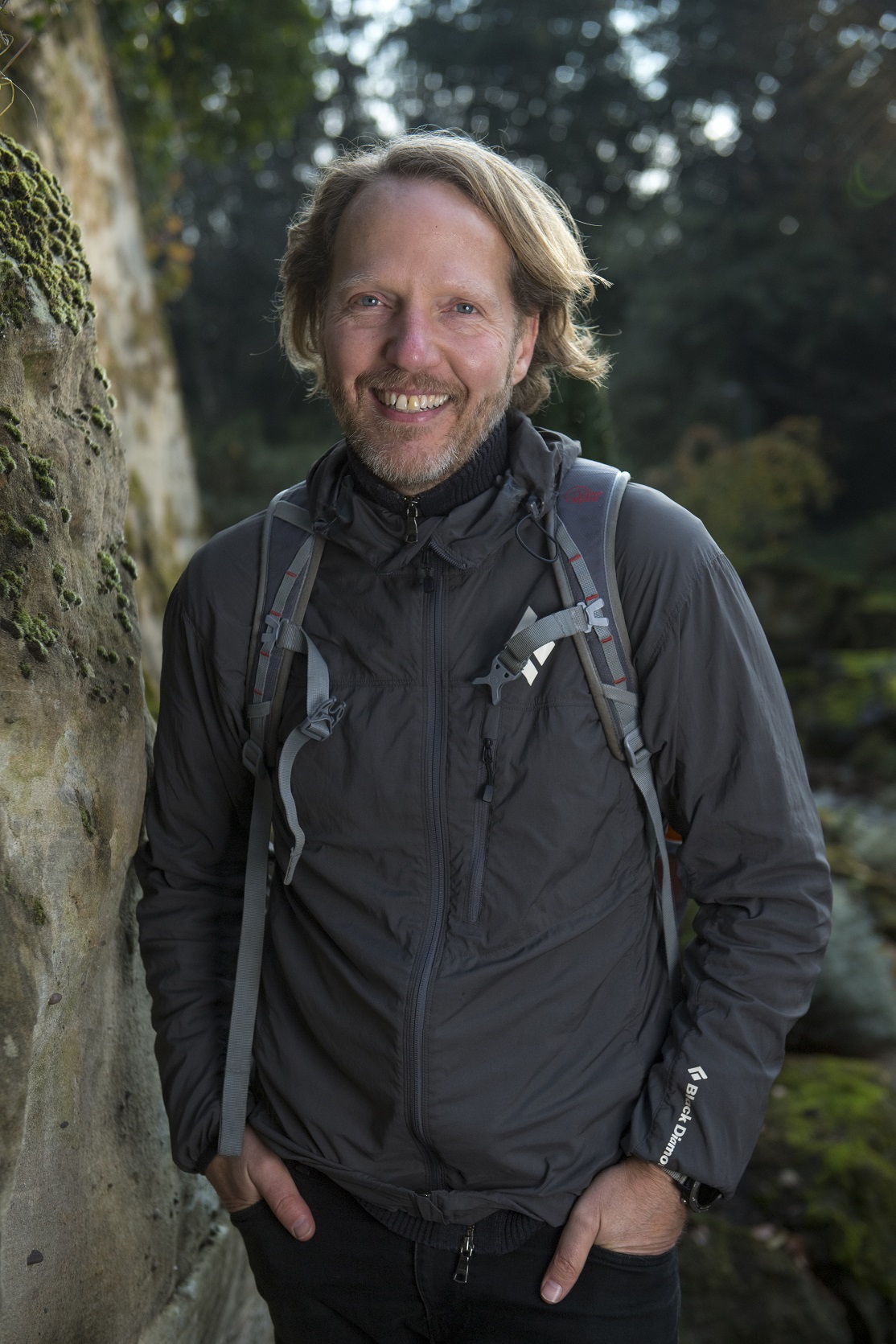Tuesday, 13 August 2024
A new study, led by experts at the University of Nottingham, has shown that different plant species tackle the same evolutionary hurdle in different ways, and the findings may give insight into aggressive forms of cancer.
Whole genome duplication (WGD) happens in all kingdoms of life. It is most common in plants, but also occurs in some of the most aggressive cancers. After WGD, the cell has extra genomes and is called polyploid.
Most of our major crops are also polyploid, including, wheat, apples, bananas, oats, strawberries, sugar and brassicas like broccoli and cauliflower. Polyploidy also occurs in some of the most aggressive gliomas (a brain cancer) and is associated with cancer progression. In general, polyploidy has been associated with robustness (as in crops) and adaptation to the environment (as in cancers that metastasise).
Because polyploids have more genomes to manage, the doubling of these genomes can be a weakness, so it is important to understand what factors stabilise young polyploids and how genome doubled populations evolve.
In this new study, published in Cell Reports, experts from the University’s School of Life Sciences look at how three successfully polyploid plant species evolved to manage the extra DNA and whether they each did this differently or all the same way.
Professor Levi Yant, who led the study said: “Understanding the range of issues that face polyploids may help us to understand why some succeed while others don’t. We see that successful polyploids overcome specific issues with DNA management and we focus on exactly what their ‘natural solutions’ are.
“In our study, we looked at three instances where species have adapted to ‘polyploid life’ and not only survived, but even thrived. Then we looked at whether they used the same molecular solutions to survive. Surprisingly, they did not.”
The researchers found that the clearest signal of rapid adaptation to the polyploid state came from the CENP-E molecule, which is an exact molecule that other groups recently found to be an Achillies heel for polypoid cancers, and is a promising therapeutic target to kill the cancers. The next clearest signal came from ‘meiosis genes’, which Professor Yant notes are turned on in many cancers, whereas they are turned off in nearly all normal cells.
 Professor Levi Yant
Professor Levi Yant
“We discovered signals of rapid adaptation to the WGD state in the same molecular networks, and in the case of CENP-E, the exact molecule that is specifically important to polyploid cancers,” continues Professor Yant.
“This WGD gives cancer a short-term advantage over most therapies, but targeting that exact molecule, CENP-E, specifically kills the polyploid cancer. This is a striking example of evolutionary repetition (or convergence) from completely different directions, but to the same adaptive hurdle. We can now take this model that adapts well to polyploidy and that can inform our thinking about certain types of cancer.”
The findings of the study could impact in better understanding how certain polyploid cancers, such as gliomas (brain cancers) are able use polyploidy to progress, and what molecules can be targeted as part of any therapy to ‘kill’ the cancer cells.
More broadly, the study is important evidence that shows that mining evolutionary biology for these natural solutions can inform future therapies. Finally, the study also illustrates different ways in the future that we can better engineer our many polyploid crops to be more resilient to certain cataclysmic events – such as climate change.
The full study, which was funded by the European Research Council, BBSRC, and the Leverhulme Trust, can be found here.
Story credits
More information is available from Professor Levi Yant from the School of Life Sciences at levi.yant@nottingham.ac.uk
Notes to editors:
About the University of Nottingham
Ranked 97 in the world and 17th in the UK by the QS World University Rankings, the University of Nottingham is a founding member of Russell Group of research-intensive universities. Studying at the University of Nottingham is a life-changing experience, and we pride ourselves on unlocking the potential of our students. We have a pioneering spirit, expressed in the vision of our founder Sir Jesse Boot, which has seen us lead the way in establishing campuses in China and Malaysia - part of a globally connected network of education, research and industrial engagement.
Nottingham was crowned Sports University of the Year by The Times and Sunday Times Good University Guide 2024 – the third time it has been given the honour since 2018 – and by the Daily Mail University Guide 2024.
The university is among the best universities in the UK for the strength of our research, positioned seventh for research power in the UK according to REF 2021. The birthplace of discoveries such as MRI and ibuprofen, our innovations transform lives and tackle global problems such as sustainable food supplies, ending modern slavery, developing greener transport, and reducing reliance on fossil fuels.
The university is a major employer and industry partner - locally and globally - and our graduates are the third most targeted by the UK's top employers, according to The Graduate Market in 2024 report by High Fliers Research.
We lead the Universities for Nottingham initiative, in partnership with Nottingham Trent University, a pioneering collaboration between the city’s two world-class institutions to improve levels of prosperity, opportunity, sustainability, health and wellbeing for residents in the city and region we are proud to call home.
More news…